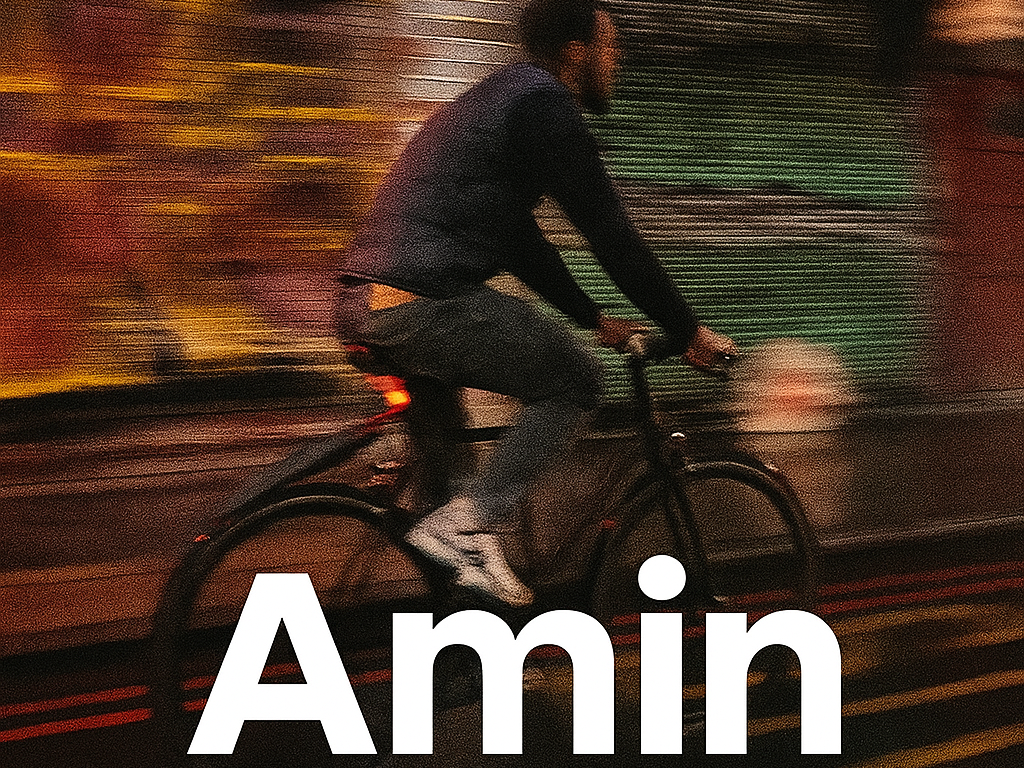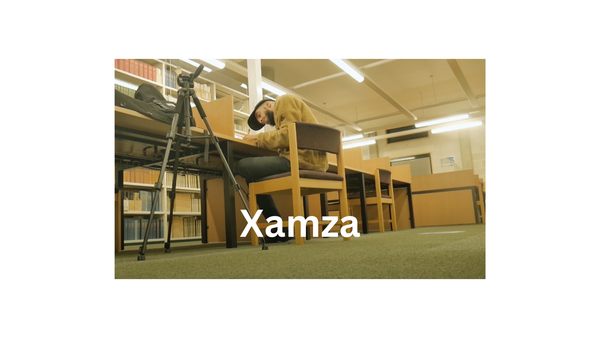Climate Action- A Luxury or a Societal Necessity?


Who comes to mind when you think about advocates for climate action? Usually, you would think of the Just Stop Oil protestors who obstruct the M25. This is not a criticism of these individuals but rather a thought experiment to highlight the usual connotations associated with climate activism. The usual critique of these people is that they are privileged and there are more important issues to consider such as the cost of living crisis and devastating global conflict. But is climate change an issue that only the privileged should care about? Like many others, I am cognizant that the impact of climate change is consequential for us all.
Climate action has a PR problem. Let's take air pollution as an example. We are all aware that it has a direct impact on our health but are we aware that lower-income communities are more likely to live in the most polluted areas?[1][2] As many research papers have shown, this results in a plethora of negative outcomes such as respiratory and cardiovascular complications, and therefore, lead to premature deaths. In England, this is described as the greatest environmental health threat in the UK. Public health experts recommend tackling this issue by improving the built environment- such as buildings, infrastructure, and urban spaces to promote health and sustainability.
Interestingly enough, I remember when I discussed London’s Ultra Low Emission Zone (ULEZ) scheme with a colleague at work. He contended that ULEZ was a public health policy and not environmental. One can assume this was due to the negative press coverage during the local elections last year. Globally, there are numerous examples of green policies being a contentious issue with Germany for example, seeing rudimentary issues such as heat pumps being politicised by fringe parties [1][2]. This even prompted the previous UK government to roll back some of its climate policies in an attempt to deal with the emerging backlash.
A Personal Journey into Sustainability
I would trace my keen interest in sustainability to when I went to a leadership conference in Vietnam during university. I was immersed in a rich but ostensibly different cultural environment. I was fascinated by the architecture in the city that was built precisely for the environment using local materials. Fast forward to two years ago, when I was studying for my MSc in urban economic development, I came across the concept of vernacular architecture and its importance for sustainable development (read this article to learn more). For us to build a more sustainable future, we must ensure that indigenous knowledge is embraced to create a more harmonious living space - both with nature and other humans.
Over a year ago, alongside my job as a sustainability consultant, I co-founded a community-based organisation called Somalis for Sustainability (S4S). This organisation works to foster a deep understanding of the ever-topical sustainability and climate issues along with opportunities within the community. I have had the privilege of working with some incredible people on this and have met talented young people from around the world. This includes climate conferences in both Azerbaijan and the UAE. It was refreshing to witness the types of projects and initiatives led by many young people within the climate space. Last October, I organised an event on storytelling and climate within the Somali context. Somalis are known for their rich oral traditions of poetry and storytelling. I shared historical examples of theatrical plays being used to encourage better environmental practices in Somalia and highlighted the importance of communicating the right narratives to promote climate action.
This goes back to my original contention. Climate action has become a byword for causes supported and endorsed by the privileged. Those working in this space must go beyond their echo chamber and recognise the benefits of climate action for all segments of society. A fair, just, and sustainable transition away from a world dependent on fossil fuels is crucial for both our and the planet’s survivability. We are at an inflection point where we must reconsider the role of the world’s financial ecosystem which can finance and deliver a more equitable and greener world. Whereas some may argue the solution could be found in degrowth or Islamic finance (which I am in favour of), we need to collectively work together to support the climate transition or risk the consequences.
Question 1: What is your favourite takedown move in Judo
Great question! I have a few favourites, but at the moment, I’d say my favourite throw is Uchi-Mata. I’ve had some success executing it in Randori (open sparring), which makes it even more enjoyable. It’s one of Judo’s 40 original throws and is classified as a foot technique. Rather than explaining it, I’d say it’s best to watch a video to see it in action!
Question 2: What advice would you give to your 18-year-old self
I’d tell myself: “Keep grinding, little bro—your life can change in a year.” Nah, I’m kidding. On a more serious note, I’d keep my advice simple and share two key lessons:
- Success demands consistency, but the path isn’t linear. Life has peaks and troughs, so stay steadfast through the challenges.
- Trust yourself and recognise your potential—but more importantly, trust in Allah. Qadr (predestination) is always better than what you would have expected for yourself.
Question 3: Which country would you like to visit next and why?
(This was written a few months ago and since then Amin has had the opportinity of visiting Japan and South Korea*)
This is actually a tough one to answer! I was fortunate enough to visit quite a few countries last year, but I never really had a set travel list.
If I had to choose, I’d love to visit Egypt to experience the culture—everyone tells me it’s a must-see. I also want to explore East Asia, particularly South Korea and Japan, to experience something completely different from my travels across Europe and the Middle East. I’d also love to go to COP30 in Brazil. A friend of mine recently came back and said it was an amazing experience. Plus, the weather would be great! That said, it wouldn’t really count as a holiday since I’d be indoors most of the time.
Beyond international travel, there are a few places in the UK I’d love to see, like the Lake District or Snowdonia.
Question 4: Who are some people in your life that have played a major role in shaping you and getting you to be the man you are today?
Like many, my parents played a major role in shaping who I am today. Their hard work and unwavering desire to make life easier for my siblings and me had a profound impact on me. It pushed me to strive to be the best version of myself—something I will always be grateful for.
Secondly, my teachers played a critical role, especially in guiding me through career decisions. As the eldest in my family, with parents who didn’t grow up in this country, their advice was invaluable. One person who stood out was a physics tutor at a local tuition center. He gave me his contact details so I could ask further questions, and since I was naturally curious, I took him up on the offer. He ended up mentoring me all the way until I landed my first graduate job!
Another group of people I have to credit are the older brothers at university. When I first started, they welcomed me with open arms, introduced me to the support network of other Muslims on campus, and shared tips on how to navigate university life. Knowing that people who had faced similar challenges were there to help made everything feel far less daunting.
Last but not least, I can’t forget my friends! From school to university to the ones I’ve met on random adventures, each of them has shaped my personality in some way or another
Question 5. What legacy do you want to leave behind?
This is something I think about regularly, as your legacy is one of the few things you leave behind when you depart from this world. In essence, I live my life hoping to please Allah, which means that whatever endeavor I undertake, I try to keep that in mind. I’m still quite young, so I hope to have a clearer answer to this question in the decades to come, in sha Allah.
What I do know for certain is that leaving a meaningful legacy requires immense sacrifice and a dedication to a cause greater than oneself—a mantle only taken by those who are worthy and chosen by Allah.
I’ll leave you all with a Greek proverb that’s pertinent to this topic:"A society grows great when old men plant trees in whose shade they shall never sit.

